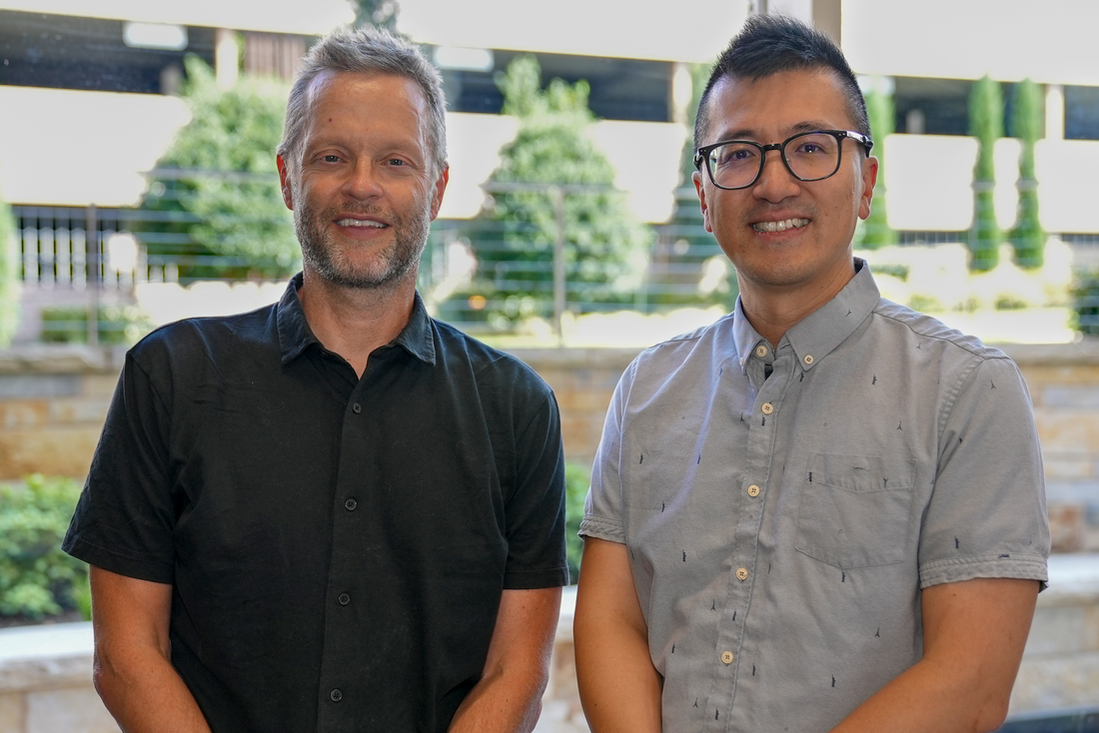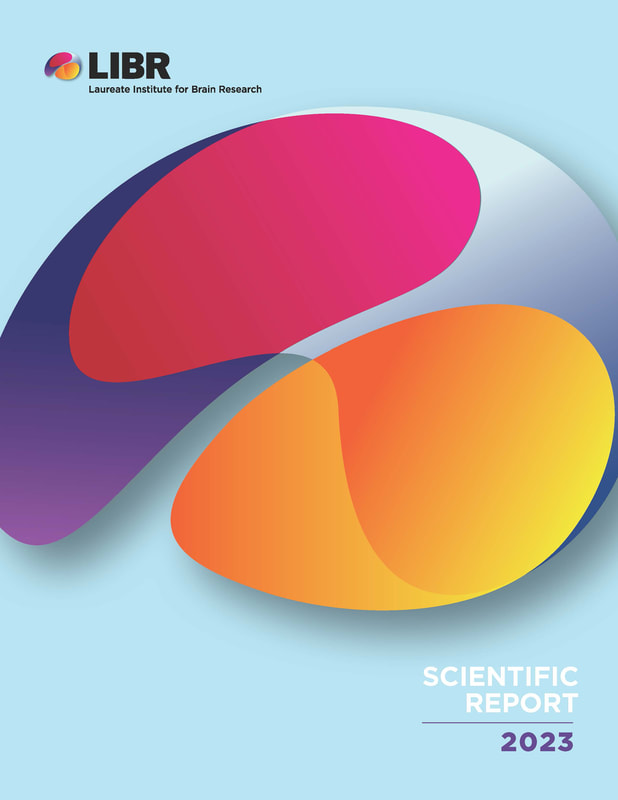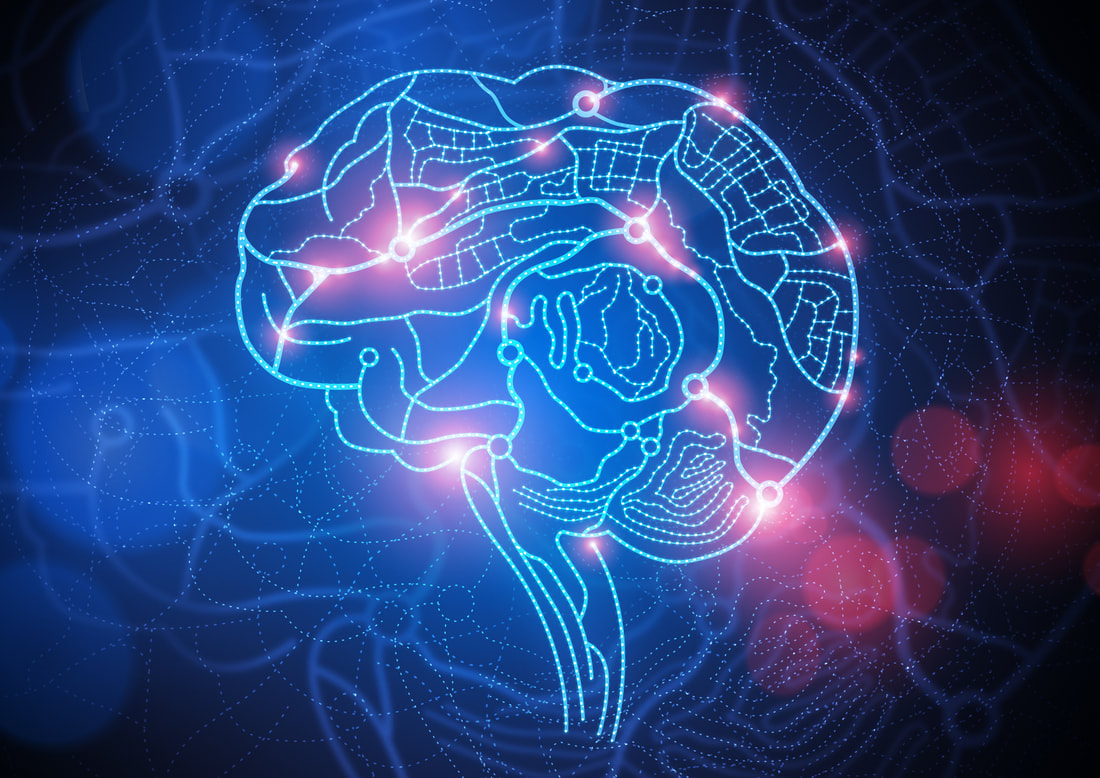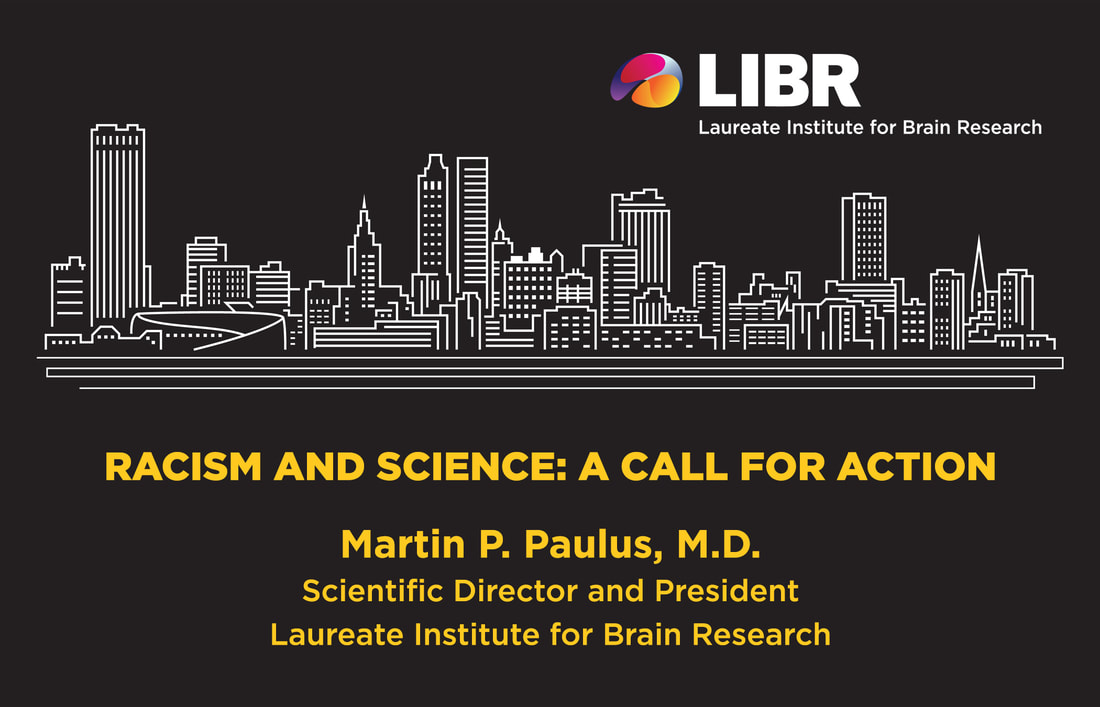H E L L O F R O M T U L S A, O K
GET TO KNOW LIBR
|
WELCOME FROM THE PRESIDENT
Martin Paulus, M.D.
Scientific Director and President Mental health conditions continue to be among the most challenging problems human beings face. This is true even more today than only a few years ago, given the waves of SARS-CoV2 and an everchanging environment that is presenting new challenges with a changing climate.
Yet, despite all these difficulties, investigators at LIBR have been working tirelessly to identify processes that can become targets for intervention or biological markers of mental health conditions. LIBR aims to contribute cutting-edge neuroscience-based tools and techniques to better identify the brain processes that put individuals at risk for mental health problems, that indicate the severity of a problem or determine whether an individual has recovered from a mental health condition. Without question, our research cannot be viewed in isolation from the community we live in but rather, it must be integrated with society. I am very excited that our investigators have lived up to that challenge and have engaged with the community in a variety of different ways. My hope is that we will further extend our community reach in the coming years. Welcome to LIBR, we're glad you're here. |
MEET THE SCIENTISTS
Wes Thompson, Ph.D &
Chun Chieh Fan, M.D., Ph.D. Principal Investigators Population Neuroscience and Genetics (PNG) Center
The Population Neuroscience and Genetics (PNG) Center develops and applies cutting-edge analytic methods from multiple fields (e.g., causal inference, psychometrics, high-dimensional Bayesian inference) to address challenges under the rubric of Population Neuroscience. The multidisciplinary PNG investigative team extends an epidemiologically- and psychometrically-informed causal inference framework to neuroscientific research (existing in vivo human datasets from population registers and large-scale imaging genetic studies), developing and applying novel statistical and bioinformatic tools to critically examine the potential biases, causal pathways, and heterogeneity in longitudinal, lifespan neuropsychiatric outcomes. Dr. Thompson and Fan envisage the PNG Center as a hub for fellow researchers from multiple fields (e.g., neuroscience, genetics, epidemiology, data science, statistics, psychology and psychiatry), working together to move the field toward better analytic practice, more accessible research tools, and deeper understanding of heterogeneity of neuropsychiatric outcomes at the population level. With insight gained from vertical integration of whole-brain imaging analyses, population cohorts, and detailed molecular assays, they strive to get closer to discovering leverage points for improving psychiatric well-being. |
WHAT'S NEW & NOTEWORTHY
2023 LIBR Annual Report
Our LIBR annual scientific report provides an overview of the past year's happenings at the Laureate Institute for Brain Research. In this year's edition, you will find a letter from the President and Scientific Director, Dr. Martin Paulus, information on our mission, history and specific aims, current areas of research, funding sources, events and lectures, awards, individual laboratories, selected publications and opportunities to participate in research. |
F E A T U R E D E V E N T S |
L I B R H A P P E N I N G S
FIND US ON SOCIAL MEDIA
|
P U B M E D U P D A T E S
|
F A C E B O O K
|
T W I T T E R
|
T E S T I M O N I A L S
HAPPY PEOPLE
- Research Participant Feedback
D I V E R S I T Y I N I T I A T I V E
RACISM AND SCIENCE: A CALL FOR ACTION
|
In science, we aim to observe, experiment, and draw conclusions from the facts. We need to learn about our differences, understand how they influence our feelings, thoughts, and actions, and develop better explanations of the human conditions that we are interested in. Outrage and anger over the events on our streets, in our laboratories, and other public or private places is not enough. Instead, open engagement with respect, interest, and love will help to develop the understanding that can be used to build new systems to reduce the pain of those in the minority. Scientists are problem solvers; we need to be thinking about our contribution to finding solutions to overcoming intolerance, anger and aggression on the one hand and discover ways of healing the pain of those that have been the target of racism.
To that end, we have started a workgroup that consists of individuals who work at LIBR to enhance the recognition that race and ethnicity play an important role to improve our scientific approach to solving mental health problems. |
THE WILLIAM K. WARREN FOUNDATIONThe Laureate Institute for Brain Research opened May 1, 2009 and currently houses a multidisciplinary team of scientists and clinical research staff who apply neuroimaging, genetic, pharmacological and neuropsychological tools to investigate the biology of neuropsychiatric disorders. The Institute's creation was founded by The William K. Warren Foundation for the purpose of conducting studies aimed at developing more effective treatments or prevention strategies for these disorders. LIBR-sponsored research studies are led by scientists from diverse backgrounds, including physics, cognitive neuroscience, psychology, psychiatry, developmental neuroscience, computer science and genetics.
|








